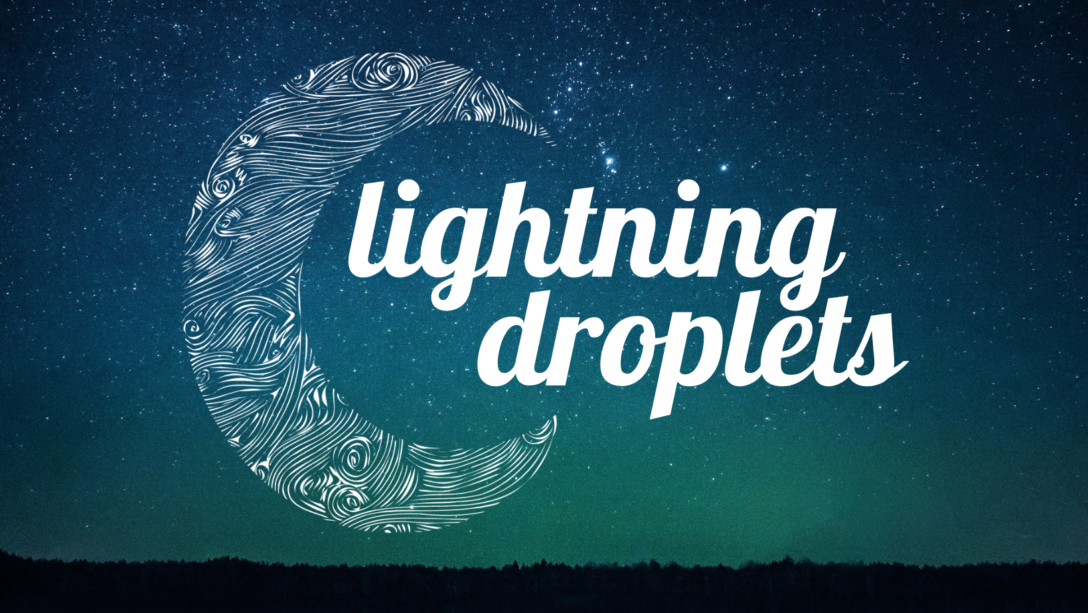Carlos Eire’s Waiting for Snow in Havana: Confessions of a Cuban Boy is a strange gem of a memoir. It recounts the story of his childhood in Havana, during the transition of the country to a communism and the effects of this transition on Eire and his family, culminating in his being shipped out of the country without his parents, to be orphaned in the U.S. This memoir is interesting and magical for a number of reasons. The reader knows from the start of the book what the outcome will be – the dustcover tells young Carlos’ fate. However, the genius of the book is in the way that Eire tells the story.
The book opens on the day that Batista is overthrown, as Eire says, “the world changed as I slept.” Right from the outset, we know that this is a different kind of memoir, one filled with whimsy and magic. On the very first page, we learn that Eire’s father believes that he was Louis XVI in a past life and that his mother was Marie Antoinette. For the rest of the book, Eire uses this interesting tidbit to extrapolate meaning and draw conclusions about what his parents might have thought and felt during this tumultuous time. He refers to them more often by these names than by their real names and this allows him more room to paint them as characters as well as give him distance from his relationships with them. In so doing, Eire gives himself the space necessary to examine people close to him without too much fear of spilling family secrets or offending.
This magical start to the book continues, as the metaphors grow and shift. There are thematic tropes that come up again and again, as if they are haunting Eire’s childhood. Lizards, Immanuel Kant, American movies, and Jesus’ eyes pop up in the strangest places, and yet they hold the narrative together. The repetition of these images gives the readers a touchstone to hold on to and ground them as Eire describes a world that is spinning out of control.
Eire’s point of view as a child helps as well. For much of the book, we are getting the perspective of young Carlos, seeing his parents as he saw them, seeing Cuba as he saw them. This gives him an incredible amount of leeway in terms of how factually accurate he must be. From the prologue, it is clear that Eire is writing from his memories. These are his own personal experiences and the way that he saw things as a child. Eire makes it clear that we are dealing with personal experience set in history, dealing with memories which can be fallible and malleable and may not match the history books or memories of others.
This emphasis on personal experience also allows Eire to take some very strong political stances. Even if the reader does not agree with Eire’s ideas about the Cuban Revolution, his individual experiences cannot be argued with. We see in very close detail the repercussions of historical events on his family and on him. He makes a very large, well-documented historical event into a personal life event. Interestingly, looking at the revolution from a child’s perspective gives us a view that feels somehow pure or untarnished because this child’s view does not have the historical or political context surrounding it. The reader experiences just the effects of the events. In this way, the reader is sympathetic to Eire’s political views because it is clear where they came from and how they developed.
The most interesting part of Waiting for Snow in Havana is the structure. The narrative itself is far from linear. The reader begins the book already knowing the end. However, Eire pulls us along quickly with his use of foreshadowing. He often mentions things that he promises to tell us more about later. The book moves from the day that Batista is overthrown to the day that Eire boards the plane to the U.S. However, the movement in between is not chronological. The book works like a memory itself, associative, repetitive, slippery. Part of what Eire is writing about is a different way of seeing the world, the way that growing up in Cuba shaped his view of reality, and the structure of the book mirrors this. It is emotional and metaphorical. The stories of his childhood in Cuba serve as jumping off points to tell the story of what happens to Eire and his family after he leaves Cuba. These childhood memories also serve to give a frame to discuss big philosophical and religious questions and to examine political views. In this way, Eire makes the magic, history, and whimsy of his childhood relevant and timeless.
*This post is part of a series on the craft of writing called Reading for Writers. This series examines a variety of authors to ascertain the choices they’ve made in their writing and the effects of those choices so that we as writers can make better decisions in our own writing. May contain affiliate links.




Reblogged this on Charlotte Gerber.
Read this when it came out and loved it!!
Here’s to a writer likely to be “discovered” with the new likelihood of more American involvement with Cuba.
I, too, read this and loved it. For me it was a book club “assignment” and one I wasn’t particularly looking forward to (why? not really sure; just thought I wouldn’t find it that fascinating.) But ‘fascinating’ is exactly what I did find. All those things that happened around that place called Cuba – all of them during my lifetime, and learning about them all anew from this very particular perspective of young Carlos – was a most unexpected pleasure. Your review makes me realize that taking another look at it would be a pleasure too.